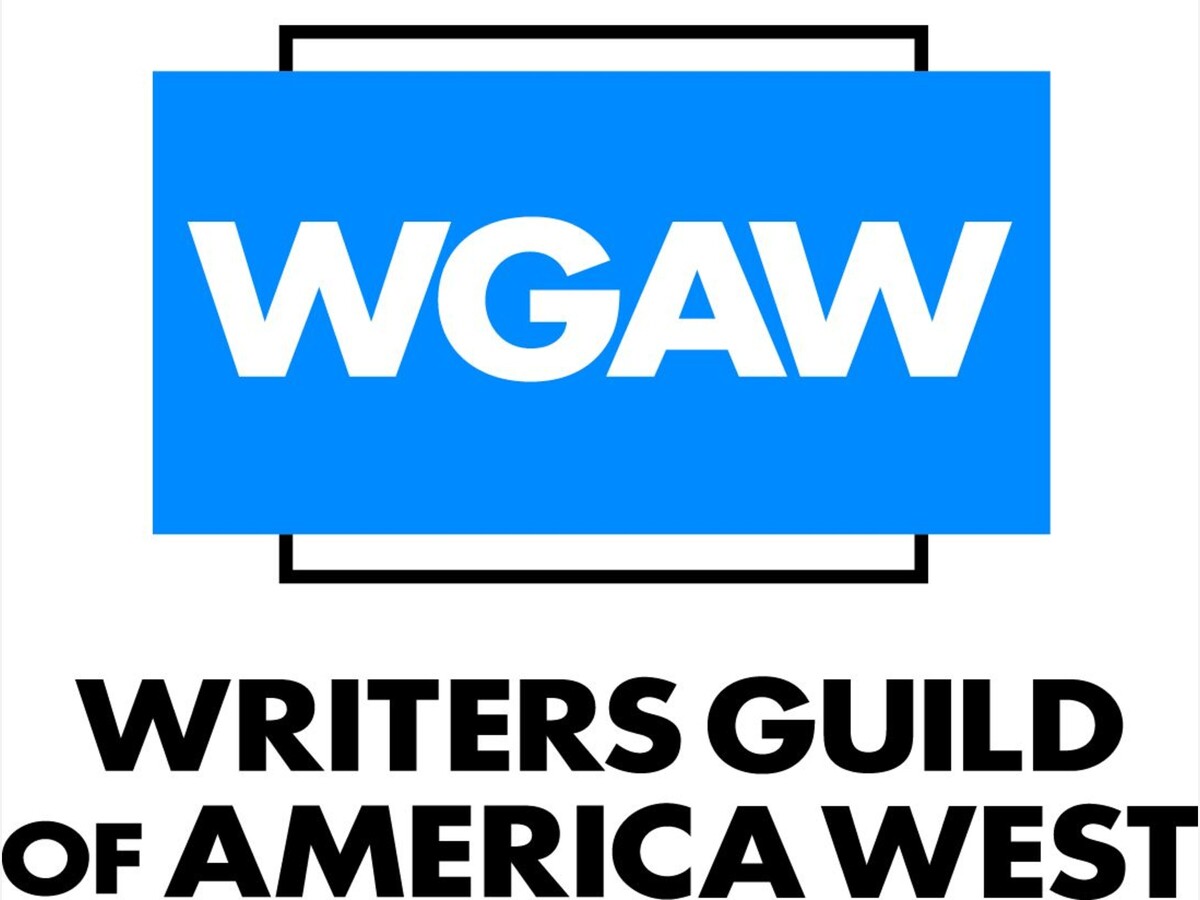Image

Ordinarily, the week opens with a recap of last week’s new episodes in various forms of entertainment, however, this week could mark the beginning of a writer’s strike. Yesterday, the Writer’s Guild of America (WGA) held a vote to authorize a strike effective May 1st should a deal not be reached with the Alliance of Motion Picture and Television Producers (AMPTP). The vote passed with a little over 97 percent of members agreeing to strike should an agreement not be reached. There are a number of issues on the table that are important for writers in the guild and the impact of a strike would be far-reaching.
One of the issues includes the use of AI in writing scripts, namely situations like having a studio use a service like ChatGPT to create a script and then have a writer polish it or allowing a writer to use ChatGPT or a similar service to create a script and then polish it after allowing for the writer to maintain credit for residual purposes. This is important because it would change AI to be considered a tool rather than the source material which changes the way that the residual is calculated because if a screenplay is adapted from source material, the writer receives a “Screenplay by” credit and gets 75 percent of the standard residual instead of the full 100 percent they would receive from having the regular “Written by” credit.
Another issue on the table is raising minimum payments for writers considering that the number of writers operating at the minimum pay has increased by about 16 percent with roles like Consulting Producer increasing by 28 percent, Producer increasing by 29 percent, and Co-Producer increasing by a massive 49 percent. At the same time, 98 percent of staff writers and 95 percent of story writers are operating at the minimum pay rate which may seem like a lot when the number is given, however, it is all contract work for a little under half the year with no guarantee of receiving further work for the second half of the year. This also does not take into consideration that streaming services are still considered “new media” which gives them special rules regarding paying writers and work contracts that traditional broadcasters do not have to adhere to.
The key issues from this are that it is creating cost inhibitions from allowing new writers from entering the industry. Considering the cost to live in the major markets where television and film productions happen, it is near impossible for a writer entering the market to make a fair living under the current collective bargaining agreement. While streaming expands its footprint, they are pulling from the same pool of writers and paying them less than the minimum as allowed under the current agreement. The reason for this discrepancy between companies like Netflix, Disney+, and HBOMax (soon to be just Max) and the major television networks is that the prior agreement was signed in an age where the only streaming service releasing original content was Netflix (namely House of Cards, Marco Polo, and Orange is the New Black) and now the streamers have almost identical content to what one would find on terrestrial broadcast television.
While a strike has been authorized, it does not necessarily mean that a strike will happen. AMPTP and the WGA have until May 1st to ratify a new contract and, should they do it successfully, a strike will be averted. This has happened in recent years with a similar event happening back in 2017. At the same time, a strike could happen like back in 2007-2008 when a three-month strike impacted television for the entirety of 2008. While it is difficult to gauge, it does appear that these strikes do impact television viewing habits as new programming was delayed or the quality dropped off as with the daytime and late-night talk shows. It is also worth noting that this will have some impact on shows and movies already finished, however, the greatest impact will be down the line when it comes to shows and movies that have been announced but haven’t finished being written yet.
It is unknown how much the networks and studios stand to lose in this should another strike happen and with a nearly 97 percent authorization it seems that the guild is in nearly unanimous solidarity in striking for these important concessions. It will be interesting to see how this plays out in the coming weeks as negotiations continue. For further information regarding what the WGA is looking for, what state the negotiations are in, and how people can support writers, check out the WGA West’s website.